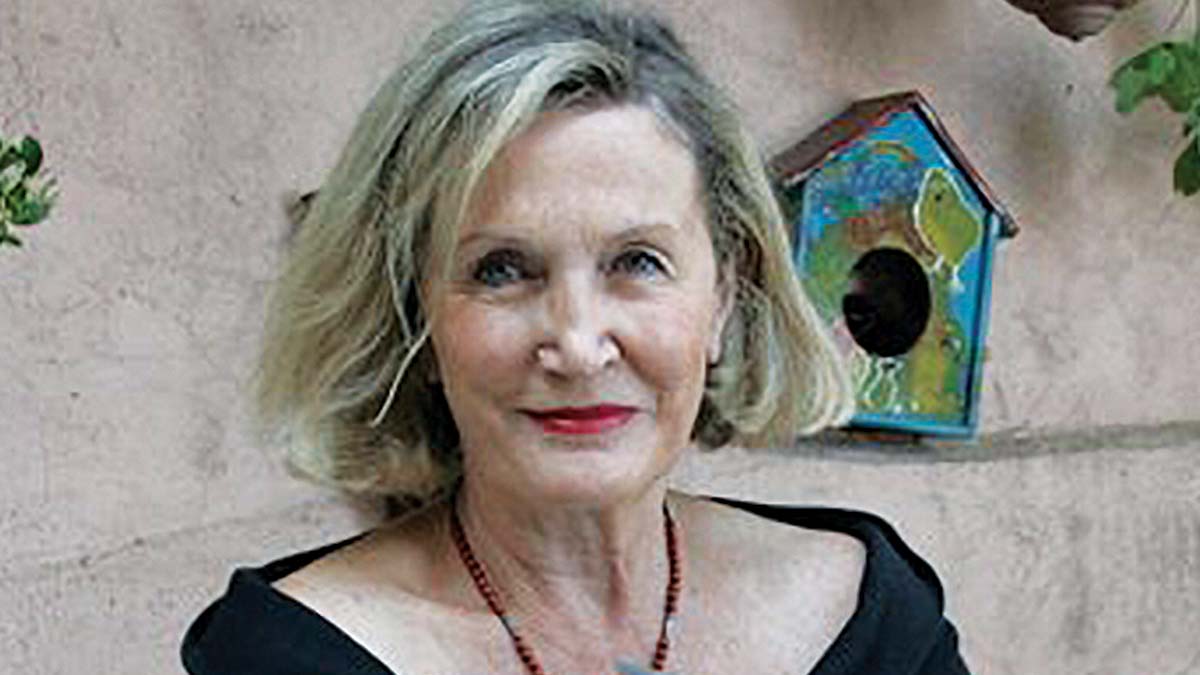AS I SEE IT
MARIANNE HERON
Coinciding with International Women’s Day and Mothering Sunday the announcement of a referendum to amend the Constitutional article dealing with a women’s place in the home might seem at first glance like a gift for the women of Ireland.
Back in the days when feminists battled to wrest the treatment of women here out of the dark ages, Article 41.2, which states that “by her life within the home the woman gives the State a support without which the common good cannot be achieved… the State shall endeavour to ensure that mothers shall not be obliged by economic necessity to engage in labour to the neglect of their duties in the home”, seemed like an insult for some of us at the time.
That women should be confined at home to the role of motherhood and obliged to carry out unpaid duties there seemed sexist, never mind the inference that what women’s labours in the home didn’t count as work. But the real thrust of the article was to protect mothers from having to go out to work.
It was a profoundly empty promise at a time when mothers were woefully unprotected. Not only was there no support for mothers in the home, there was no support for deserted wives; no help for battered women; a marriage bar in some sectors which prevented mothers working anyway because it was assumed that they would get pregnant.
God help you if you were an unmarried mother, likely to be incarcerated in a mother and baby home, obliged to give up your baby for adoption and then end up a slave in a Magdalene laundry. It took decades of campaigning to win the protection women needed and some degree of equality.
But hang on a minute: what are we going to have instead of that article? A referendum or possible three referenda will be held next Autumn which, according to Taoiseach Leo Varadkar, would make Ireland a leader on gender equality in all its forms. The wording has yet to be decided. Future proposals will also consider the definition of family currently founded on marriage at present which excludes single parents and unmarried parents .
What do we really want to see in place of Article 41.2? At present the majority of parents have to go out to work in order to afford mortgages, high rents and the cost of living whether they want to be at home to care for small children or not and some ‘generation rent’ families defer having children because they can’t afford to buy homes. Plus, the cost of preschool child care is steep and work is hardly child-friendly.
Hard-pressed parents might appreciate having their vital undertaking in raising the next generation recognised and better supported, and surely they must long for better work/ family balance?
There needs to be thorough debate here before that ‘role within the home’ is consigned to the dustbin. The reality is that mothers still shoulder most of the work involved in running homes and bringing up children as well as going out to work and are the ones most likely to take part-time work in order to manage both roles. Wouldn’t parents much rather have affordable homes and family-friendly work in place and free childcare rather than another empty promise?
Gender-neutral options are intended to be part and parcel of the proposed referendum. Do the majority want to be gender neutral? Gender is a social contract, and some of those constructs may be limiting or silly but do we want to do away with her and him and all become they?
The Citizens Assembly have suggested the word carer, in place of woman (at least this covers the use of caring robots) but why can’t we use the words woman or man? There may be a rainbow of genders and sexual orientations out there deserving equal treatment and freedom from prejudice but there are only two sexes, female and male Making a child involves both sexes, however that may be achieved. Stating this, though, is liable to lead to virulent attack from militant transgenderists who hold that gender identity is independent of biological reality. Holding that there are two biological sexes may even be grounds for sacking these days.
The proposal to amend the Constitution is surely one of those situations where we should be careful what we wish for.
And I for one want to continue to be recognised as a woman.

















